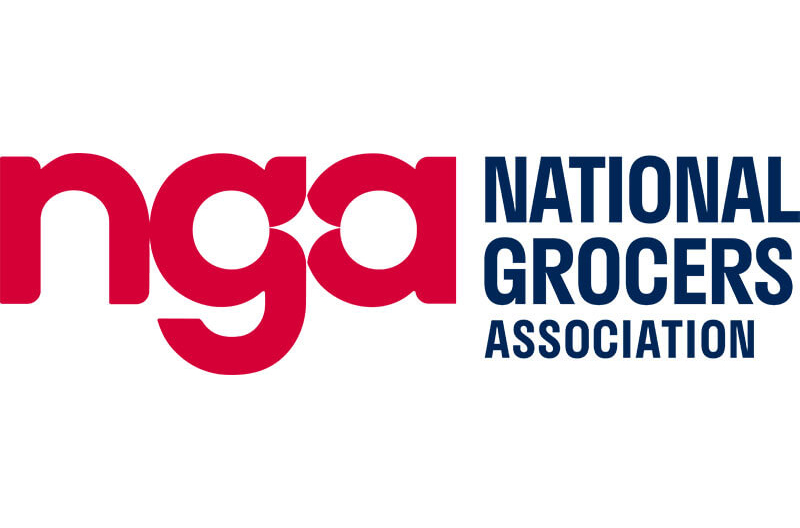NGA member and Fresh Encounter CEO Michael Needler Jr., a third-generation independent grocer who operates about 100 grocery stores in Ohio, Indiana, Kentucky and Florida, testified before the Senate Judiciary Subcommittee on competition policy, antitrust and consumer rights on the effect of enhanced consolidation and buyer power in the marketplace.

In the hearing, titled “Examining the Competitive Impact of the Proposed Kroger-Albertsons Transaction,” Needler provided the committee with the independent grocer perspective on competition in the grocery sector and the potential impact of the Kroger-Albertsons merger.
“Our view is this: America’s grocery sector is getting less competitive from increasing concentration and unchecked buyer power due to a lack of enforcement of the Robinson-Patman Act,” Needler shared in his opening statement.
“Let me clear: we are agnostic on this transaction. We are not afraid to compete against anyone, no matter how big. What we oppose is the lack of constraints on buyer power, which thwarts our ability to compete in the first place.”
Increased consolidation and economic discrimination in the grocery industry is a problem across America’s food supply chain. Today, a small handful of firms wield economic power over food processing, meat packing and retail. These firms use their power to disadvantage smaller competitors and dictate terms from suppliers to provide lower prices and more favorable supply terms, special package offerings and product availability, leaving independent grocers to pay the price.
“America’s independent grocers and wholesalers are the backbone of their communities, providing access to nutritious food, essential services and local jobs. In towns across the nation, independent grocers strive to compete on price, quality, service, convenience and product variety,” said Greg Ferrara, president and CEO, NGA.
“However, lack of antitrust enforcement has allowed for the creation of a new generation of power buyers, and enhanced levels of concentration in the grocery retailing marketplace. Without enforcement of antitrust laws like the Robinson-Patman Act, power buyers will continue to engage in this cycle of anticompetitive behavior, harming competition within the industry and consumers.”
“In addition to enforcing the Robinson-Patman Act, we strongly urge policymakers on Capitol Hill and at the FTC to rigorously examine the proposed divestitures of this merger to preserve competition in local marketplaces,” Ferrara continued.
The National Grocers Association represents more than 1,800 independent grocery retailers that account for nearly 9,000 store fronts across the country, including at least one in every congressional district. The stores and their wholesaler distributors play a crucial role in American communities.

